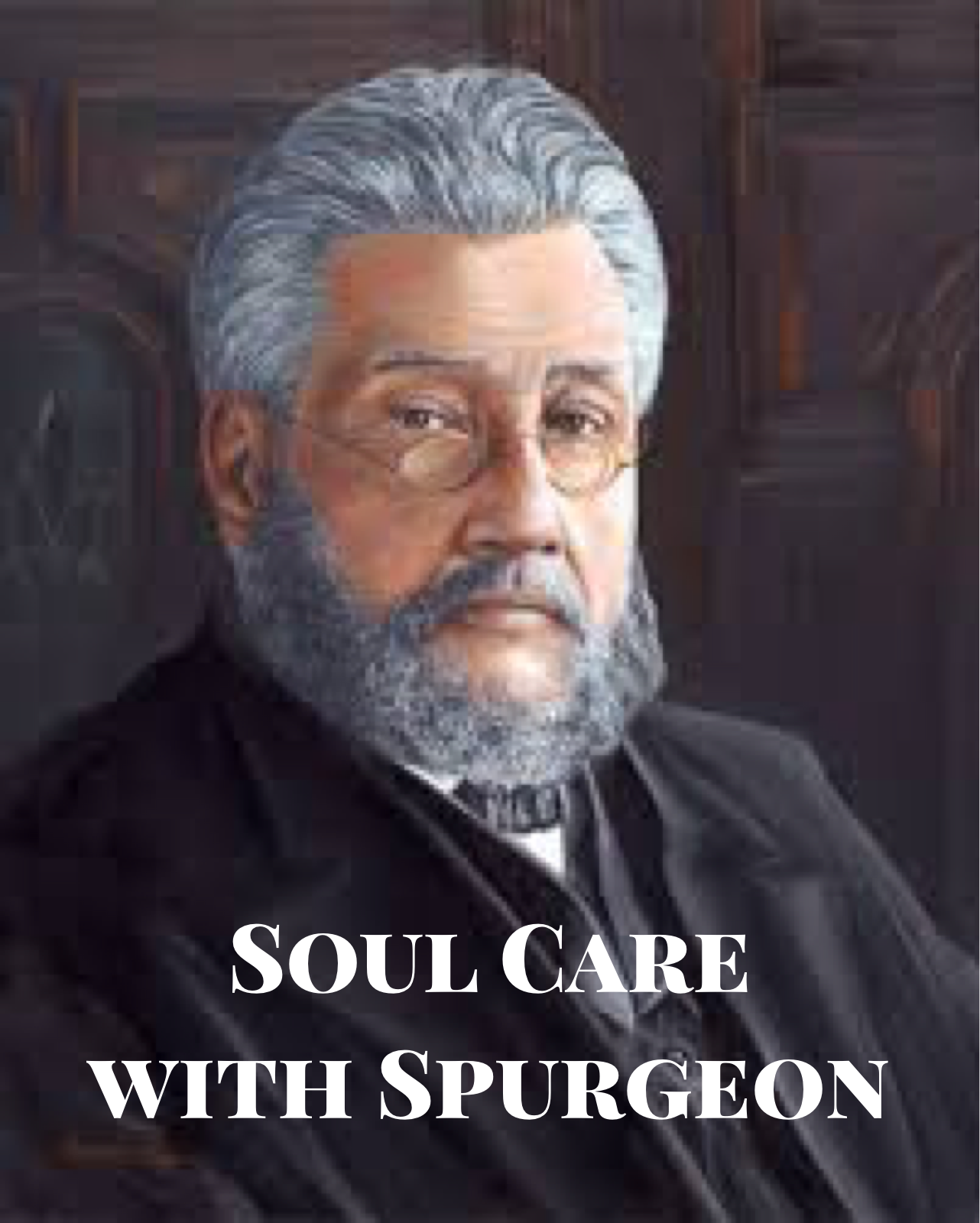Soul Care with Spurgeon: Guilt, Shame, and Redemption in Christ (Part 4)

Our final installment on Charles Spurgeon's 181st sermon, "Particular Redemption," finds us measuring the extent of Christ's suffering on our behalf by the glory of what he actually accomplished for us. Said differently, we can begin to understand what the cross represented to Christ, by what he secured for us through his endurance of it.
The cross carried Christ to the depths of the Father's wrath against sin, and it has lifted us to the heights of heaven by grace alone, through faith alone, in Jesus the only begotten Son of God alone.
One of the most common struggles encountered in biblical counseling, if we're paying close attention, is an underlying lack of security for the believer, that is, assurance of salvation.
This condition arises in the hearts of Christians through a variety of avenues. I find that it sometimes appears as a natural worry, fear, or anxious condition by virtue of our fallenness and finitude. Slow and steady instruction in the gospel eventually brings peace to the troubled mind. On the other hand, it sometimes arises as the result of direct, improper teaching (i.e. a failure in the distinctive categories of law and gospel).
Whatever the case, a clear (and consistently repeated) preaching and instruction in the gospel, and in particular, the nature and efficacy of Christ's atoning work on the cross for all who believe is surely a necessary part of the answer. It may be difficult at times to believe that by faith alone we are brought from eternal death to eternal life, but this is indeed the good news of Scripture.
Spurgeon reminded his audience of their security in a variety of ways in Sermon 181, by pointing them to and highlighting the doctrine of particular redemption, saying, "They [who] believe are justified by Jesus’ death from all things from which they could not be freed by the works of the Law (Act 13:39) ... None can lay anything to the charge of God’s elect (Rom 8:33)."
Do you struggle with thoughts of the possibility of losing your salvation? Or, do you struggle with thoughts that, perhaps, your measure of faith in Christ is too feeble to accomplish its intended design? Then hear what Spurgeon had to say on that morning of February 28, 1858:
We say Christ so died that He ***infallibly*** secured the salvation of a multitude that no man can number, who through Christ’s death not only may be saved, but are saved, must be saved, and cannot by any possibility run the hazard of being anything but saved [emphasis added].
Friend, this is the greatest of all possible messages that will be delivered to you today.
Have you received a promotion at work? Did your child make the Dean's List at school? Have you purchased that new car you were wanting? Is the bank account in a good place these days? Is your favorite politician in office? Whatever little blessings you might count, understand that they are all temporal, and subject to change.
JC Ryle, a contemporary of Spurgeon's once preached, "We live in a world in which all things are passing away. Kingdoms, empires, cities, ancient institutions, families, all are liable to change and corruption. One universal law seems to prevail everywhere. in all created things there is a tendency to decay."
Where, then, are we to find our hope if these temporal things cannot be trusted as true indicators of our standing before God?
Spurgeon continued:
When you are stripped of everything but hope in Christ, when you are prepared to come empty-handed and take Christ to be your all, and to be yourself nothing at all, then you may look up to Christ, and you may say, “Thou dear, Thou bleeding, Lamb of God! Thy griefs were endured for me: by Thy stripes I am healed, and by Thy sufferings I am pardoned ... If Christ has died for you, you cannot be lost. God will not punish twice for one thing.
Preaching this message to our hearts daily, we can experience the joy of Christ's assurance, and the diminishing effects of doubt in our souls.
More in Baylight Blog
April 14, 2024
But What About My Works?April 9, 2024
Trauma Has Entered the ChatJanuary 1, 2024
Hope and the Free Pardon of the Cross